Immigrant survivors of domestic violence face rising barriers to safety, justice
The vulnerability that immigrant survivors face has heightened.
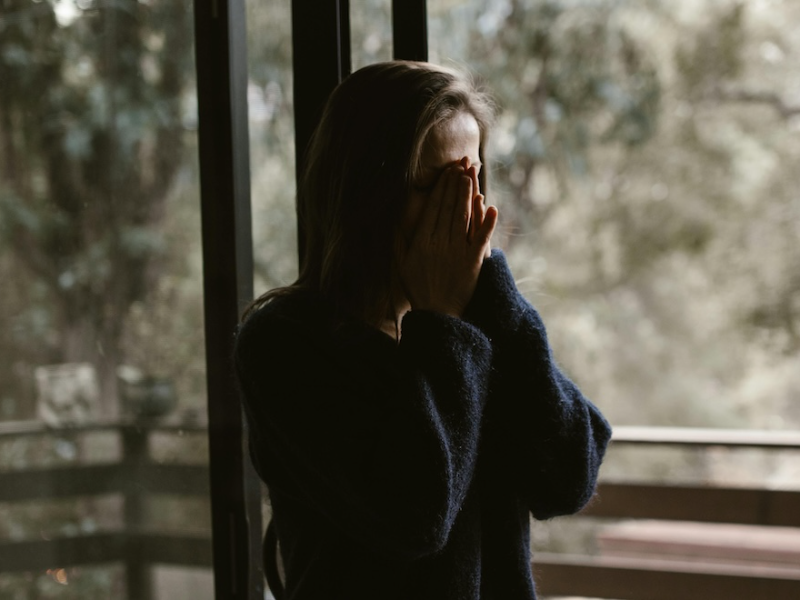 Representative Image / Pexels
Representative Image / Pexels
On Sept.11, 2025, the Board of Immigration Appeals (BIA) issued a decision that for the first time ever in history, states that judges can pre-termit (deny) asylum cases without a full hearing, if the application fails to state a prima facie claim for protection.
“Before someone even has a hearing to present their case, their case can be denied and kicked out of court,” said Morgan Weibel, Director of Client Advocacy/Legal Services, Tahirih Justice at American Community Media (ACoM) briefing where speakers discussed the challenges faced by immigrant domestic violence survivors and possible avenues for support.
The vulnerability that immigrant survivors face has heightened. Immigration has always been weaponized as part of the dynamics of domestic violence. “There is coercive control, there is a threat of deportation, and that has typically been by their intimate partner. Now we see the government step into that space and really threaten the survivors,” said Patima Komolamit, Executive Director, Center for the Pacific Asian Family.
Survivors applying for U visas, given to victims of violent crime, or Violence Against Women Act (VAWA) visas which allow survivors to petition for immigration status separate from an abusive partner face greater scrutiny and stricter application procedures.
Asylum protections for gender-based violence survivors have also been gutted. New anti-DEIA restrictions have been enforced for DV organizations who receive grant funding from federal agencies, including the Office of Violence Against Women, and Housing and Urban Development. The looming specter of ICE raids has created an overwhelming climate of fear in immigrant communities: many survivors of domestic violence are not reporting their abuse.
Community organizations step in to help
“Their limited English proficiency, their lack of employment history within the United States, and oftentimes the coercive and exploitative use of immigration status as a means to also further oppress and further abuse both the survivor and their children, is the reason services like CPAP exist,” said Komolamit.
The Center for the Pacific Asian Family has an emergency shelter program, two transitional shelter programs, a really robust community partnerships program, a dynamic youth prevention program, and crisis intervention services, based in Los Angeles.
“We can provide that refuge, we can provide help the survivor to navigate through their journey, so that way they understand what they need in order to be able to live their own lives and live independently.”
“Being able to provide that service is imperative, and it's part of the way that we're keeping safe communities.”
However, nonprofits have experienced funding freezes and faced the loss of millions of dollars in grants. In one instance, the organization Sakhi for South Asian Survivors lost nearly $2 million in pending federal reimbursements, putting services like emergency housing and counseling at risk.
Funding has been restricted
Recent executive orders and other actions from the Trump administration have targeted federal funding related to gender and domestic violence, pointed out Komalamed.
An executive order issued on January 20, 2025, mandated that federal agencies recognize only two sexes, male and female, based on biology.
“Some of those restrictions are new, and also focused on ensuring that we are not using our funding for any kind of elective abortions. And that we are not using our grant funds to promote gender ideology.”
Broken trust makes survivors skittish
“More than ever before, survivors are less likely to trust the system because of the government's policies that entangle local law enforcement with federal immigration actions. The climate of fear for survivors who are witnessing arrests at courthouses and other previously protected areas is real. said Morgan Weibel, Director of Client Advocacy/Legal Services, Tahirih Justice Center.
Last month, Weibel assisted an immigrant survivor who was applying for VAWA relief. As she sought an emergency protective order against her abuser, with whom she was still living, while serving the abuser with that protective order, a local sheriff threatened to report the survivor to immigration officers for deportation. She was terrified, and nearly gave up on pursuing a more permanent protective order out of fear that she might be arrested when she appeared in court. And she's not alone. As the government creates roadblocks to relief survivors are questioning whether it is worth it to even pursue the relief that is still owed to them under our laws, said Weibel.
“Previously, the person was just left without any status, but now the administration is placing those individuals into removal proceedings."



 Ritu Marwah
Ritu Marwah 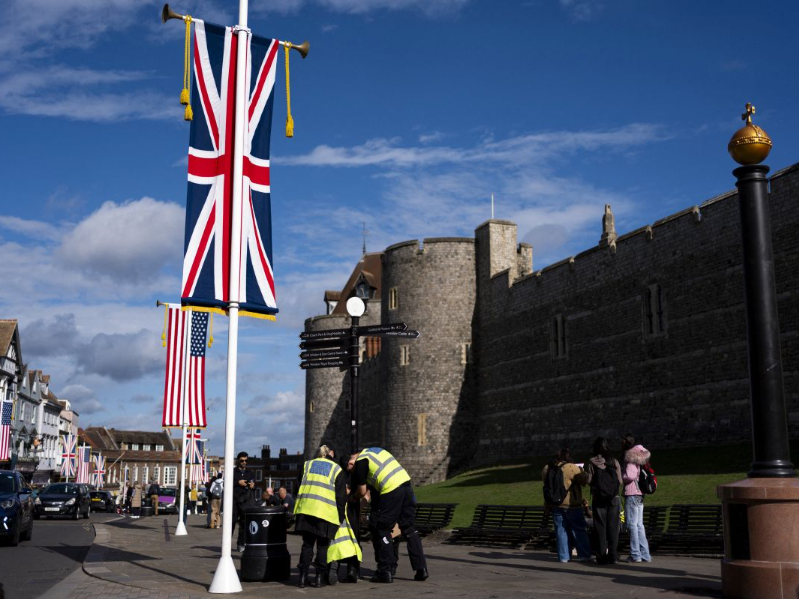
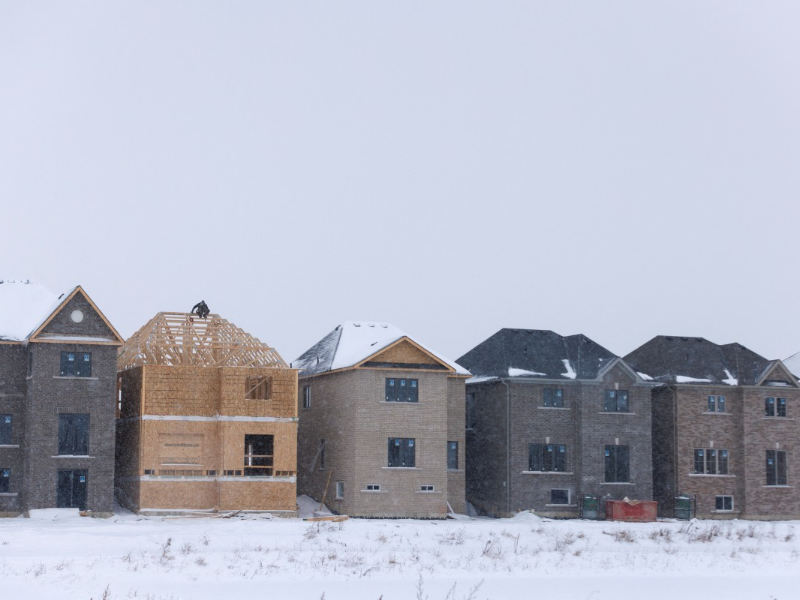



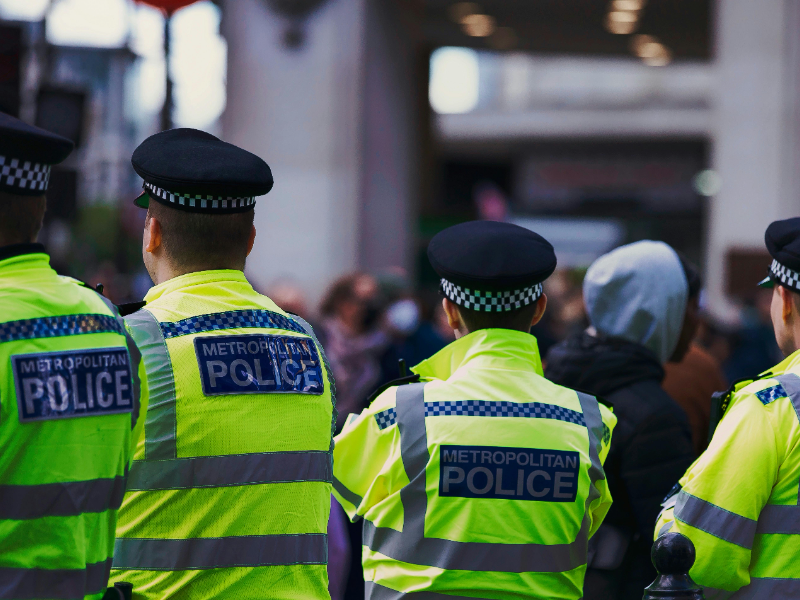
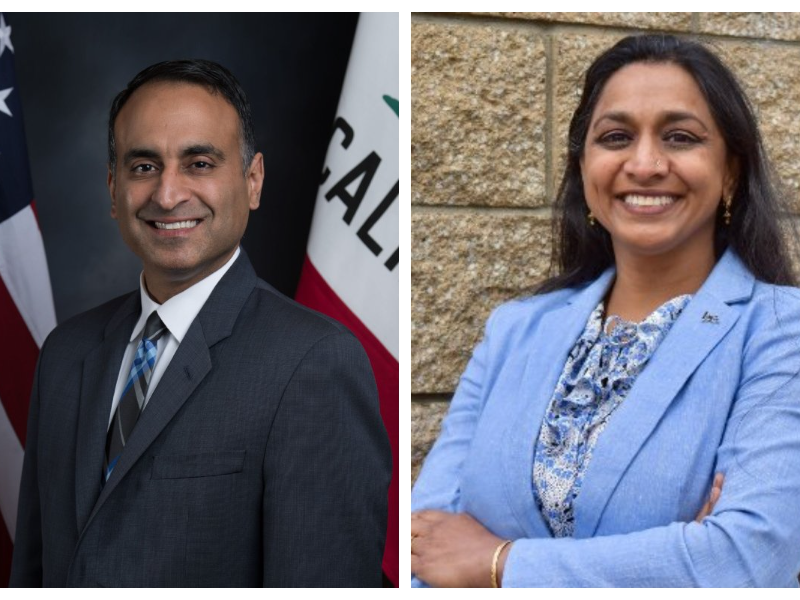

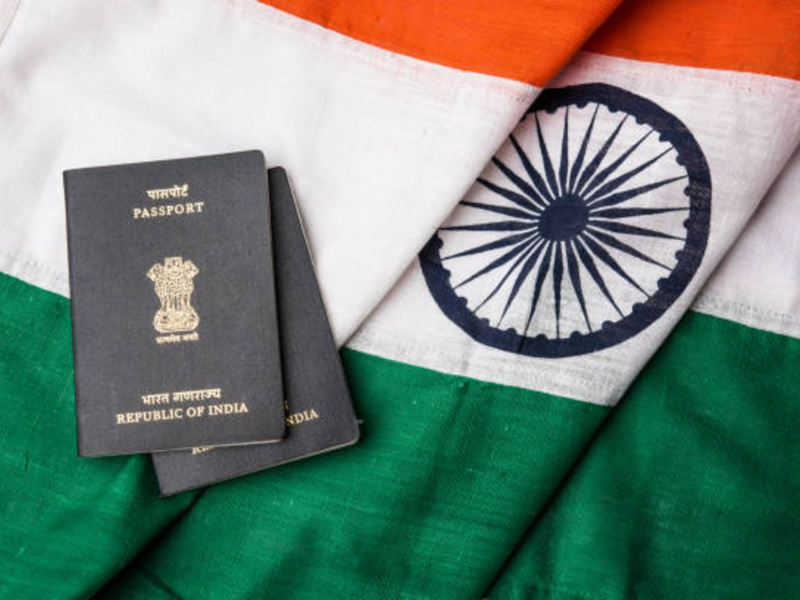





.jpg)

Comments
Start the conversation
Become a member of New India Abroad to start commenting.
Sign Up Now
Already have an account? Login